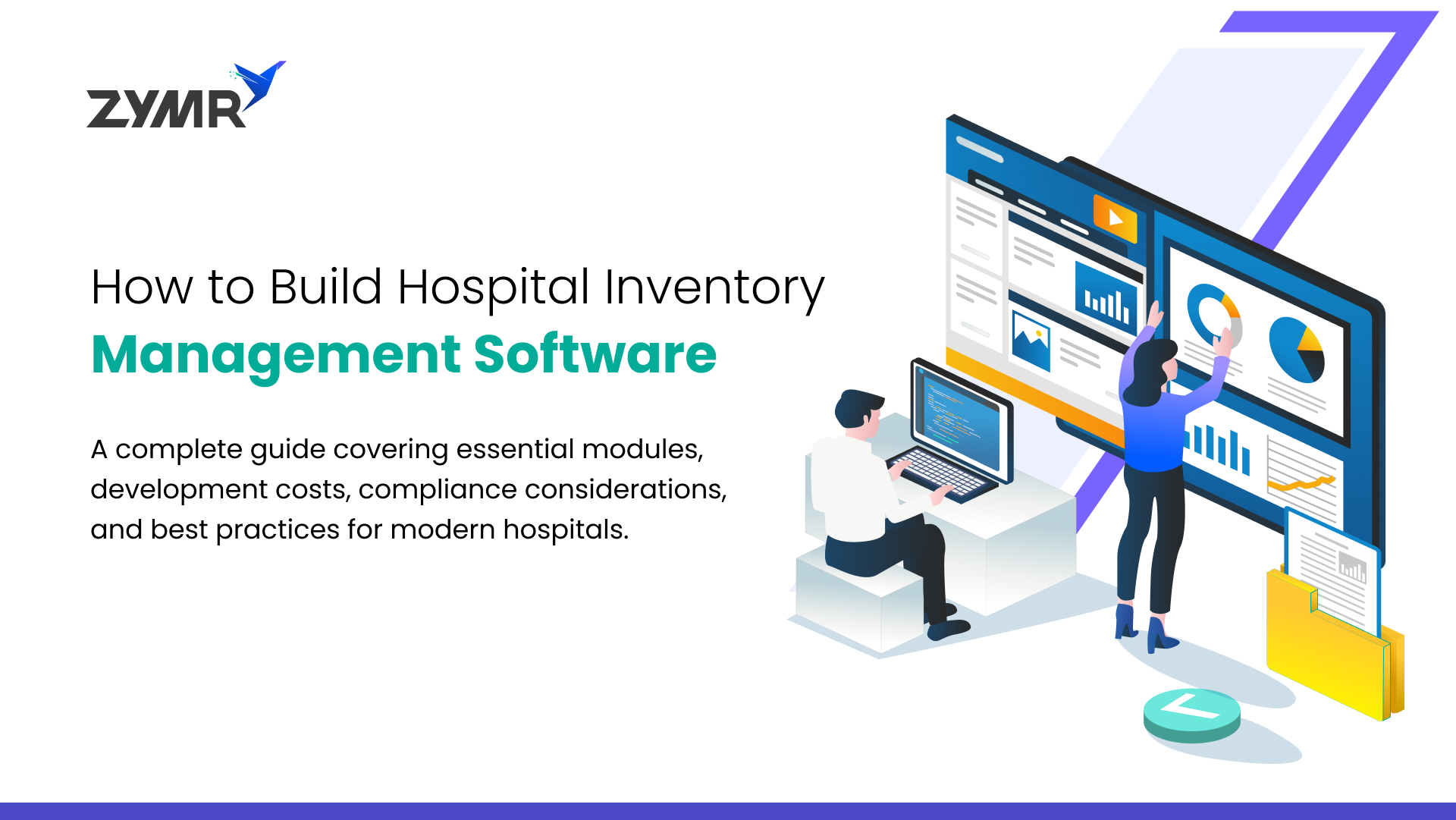CloudOps 101: Strategizing the Framework for Modernizing Cloud Infrastructure Management

May 12, 2025
CloudOps
Even without Gartner’s prediction for industry cloud platforms as an important trend in 2023, the disruptive evolutions of cloud infrastructure is pretty evident. Industries want a cloud solutions where SaaS, PaaS and IaaS, and more can be efficiently tailored and managed for their functional needs. However, managing cloud infrastructure with such advanced features and functionalities can be a challenge in terms of DevOps integration, network and data security, scalable automation and disaster recovery among others. Therefore, the stage is temptingly set for a solution that can improve the way cloud infrastructure is managed in the digital space - CloudOps.
In this blog, we will explore how CloudOps has the potential to overhaul the cloud management planning. We will also share the cumulative insights by Zymr’s cloud experts to explore the basic faremwork for CloudOps.
By definition, CloudOps can manage cloud workloads and services for optimal performance in any industrial environment. With operational processes similar to DevOps, CloudOps can enable faster and more reliable delivery by offering the necessary infrastructure, automation, and scalability to support the CI/CD pipelines. This makes it the perfect solution that can modernize digital ecosystems for industry-specific cloud management without compromising with business continuity and security.
For the purpose of managing cloud environments, enterprises need CloudOps implementation that aligns with the complexity and dynamic nature of their industry. An effective CloudOps solution that can overcome the cloud management challenges can offer following features:
- Visibility: With Applications and infrastructure components distributed across multiple regions and availability zones, it is difficult to gain visibility into the entire infrastructure. Effective CloudOps will easily integrate with tools necessary for continuous monitoring and alerting. Moreover, for highly dynamic industrial environments, cloud infrastructure needs to add and remove resources on demand smoothly. For Controlling such disruptive infrastructure CloudOps can provide automation tools that will enable teams to ensure resource optimization and monitoring.
- Security and compliance: Cloud environments require careful management to ensure that they are secure and comply with regulations. CloudOps provides tools for monitoring and securing the infrastructure, as well as ensuring compliance with regulations such as HIPAA, PCI, and GDPR.
- Performance: CloudOps helps cloud environments to scale up or down on demand to meet changing demand. It can integrate tools for automating the scalability of the infrastructure, ensuring cost-optimized resource-provisioning. Depending on the required performance standards and existing performance patterns, CloudOps can also monitor resource utilization that would help enterprises plan their resources in terms of cost and time.
The CloudOps Framework
Implementing CloudOps needs a certain level of expertise in Cloud management as well as a good understanding of DevOps. Enterprises can plan their CloudOps strategies with the help of the following framework:
- Infrastructure and Configuration Management: A reliable CloudOps implementation needs a provision for running cloud-based applications and automating tasks like deployment and updates. Per Zymr CloudOps experts, infrastructure and configuration management for would include VM management, storage optimization, updates and remediations, and configuration of networking components. Tools like Terraform and Chef are essential for such requirements.
- Continuous Monitoring: CloudOps need to ensure continuous monitoring of the cloud applications to ensure end-to-end visibility across the infrastructure, . Zymr experts also suggest a thorough POV assessment and automated tools for alerts and remediation.
- Security and compliance: CloudOps framework needs to ensure the confidentiality, integrity, and availability of critical business data. It needs strong access controls, vulnerability assessments, and disaster recovery planes. For compliance management, it also needs to ensure that the infrastructure and the applications are aligned with relevant regulations and standards. Zymr experts suggest tools like Permiso, Vault, and Consul etc. for this purpose.
Conclusion
CloudOps enables global enterprises that are increasingly relying on multi-cloud and hybrid cloud infrastructure to power their business operations. Its framework for managing cloud environments facilitates the adoption of new technologies like industry clouds that can enhance industry specific functionalities for AI/ML, Data analytics and more. Zymr cloud experts can help you maximize the benefits of your cloud investments with efficient CloudOps implementation.
Contact our cloud experts today!
FAQs
>
>
>
>
>
Have a specific concern bothering you?
Try our complimentary 2-week POV engagement
Our Latest Blogs

January 15, 2026
Global Healthcare Outlook 2026: Key Trends in Digital Health, AI, and Patient Safety

January 15, 2026
Top 10 Healthcare IT Services Companies Transforming Healthcare Delivery(2026)

January 15, 2026





.svg)
.svg)
.svg)
.svg)
.svg)
.svg)
